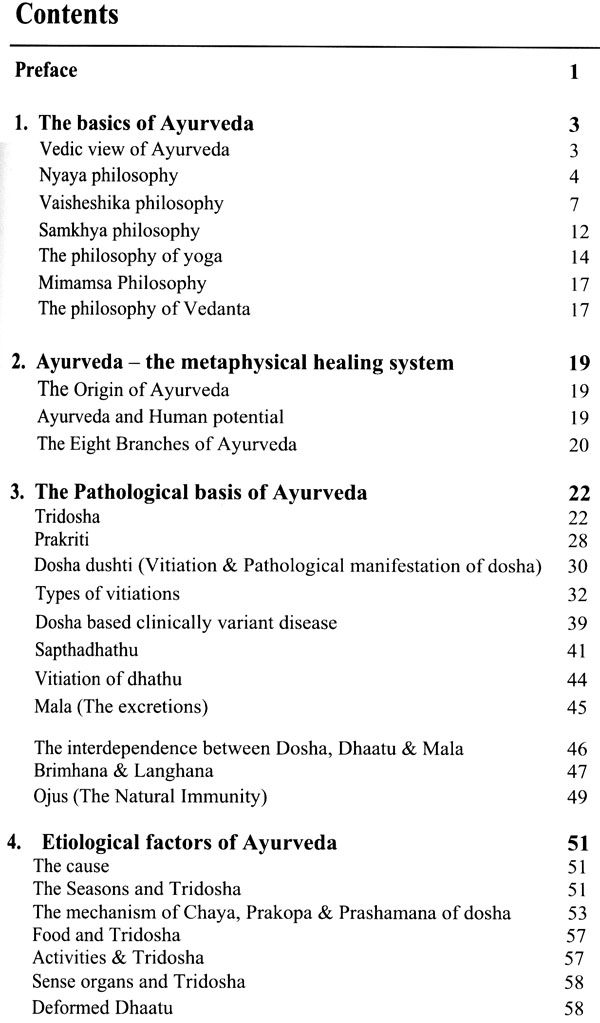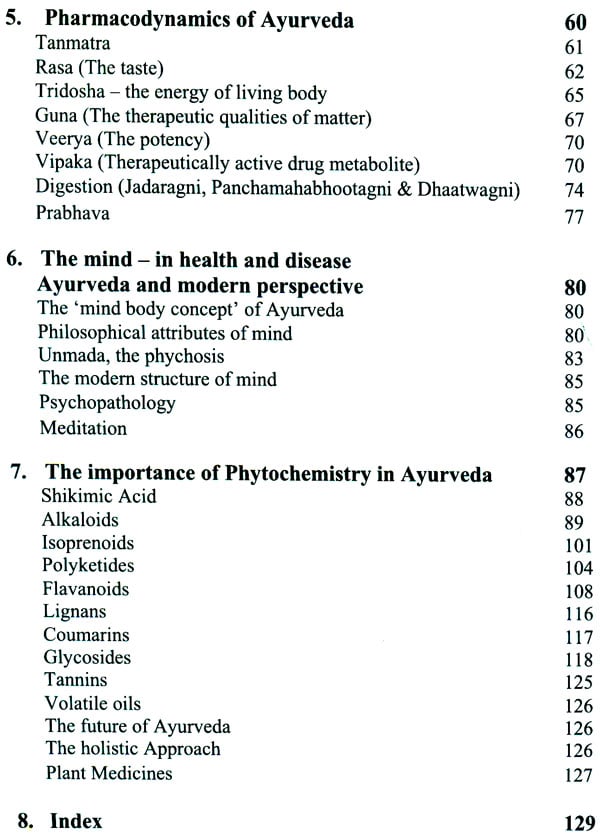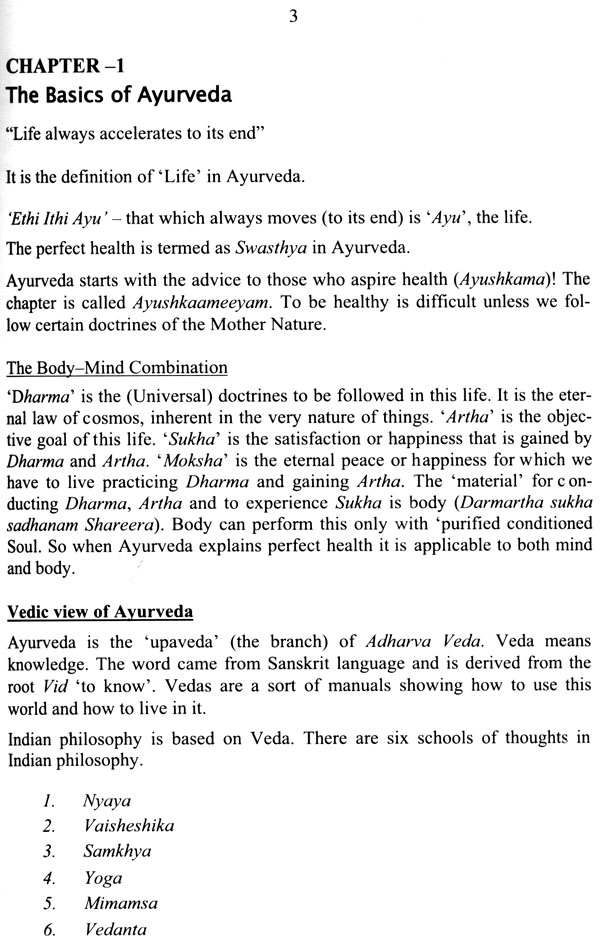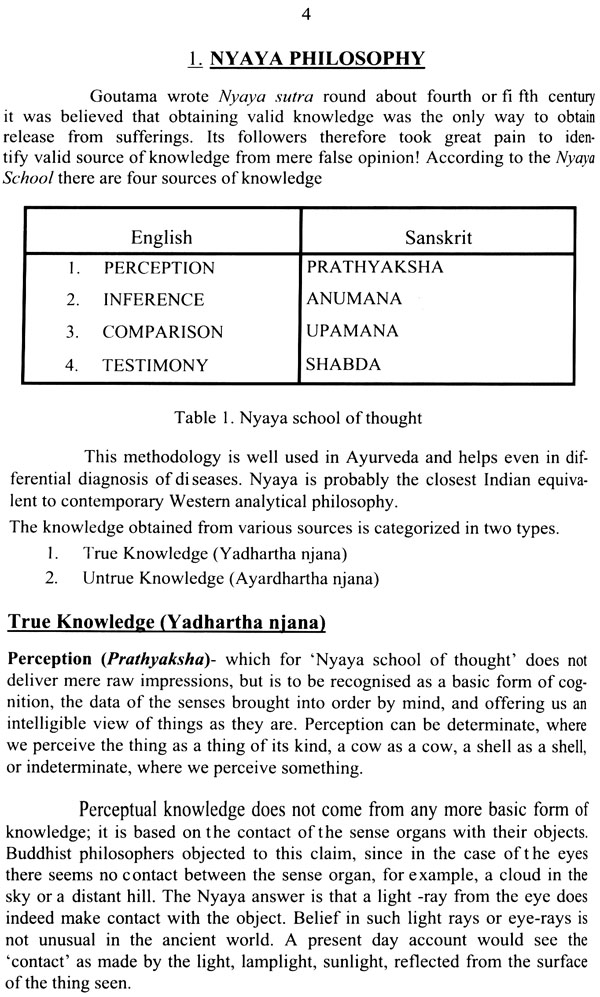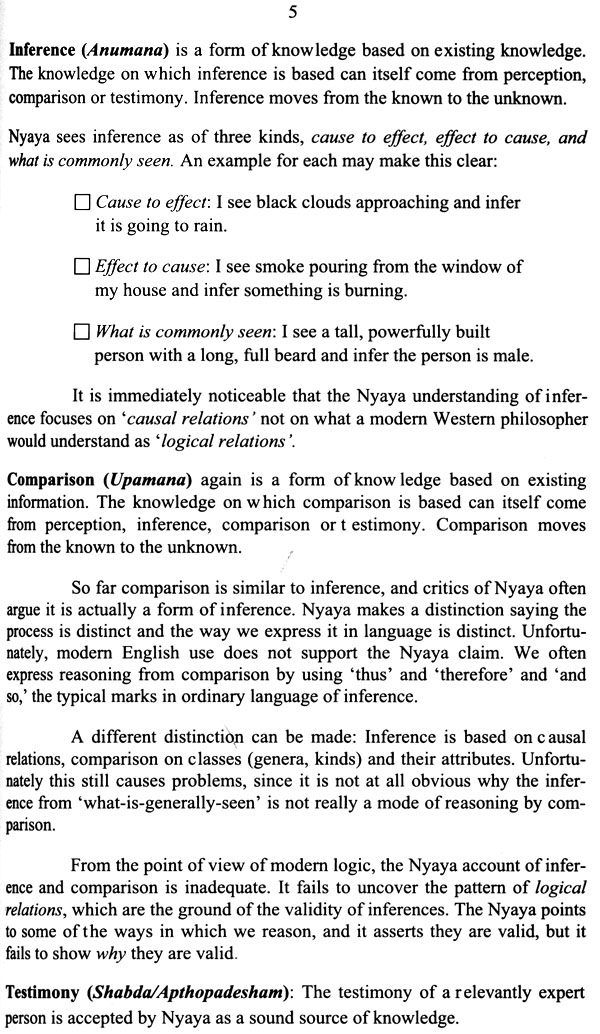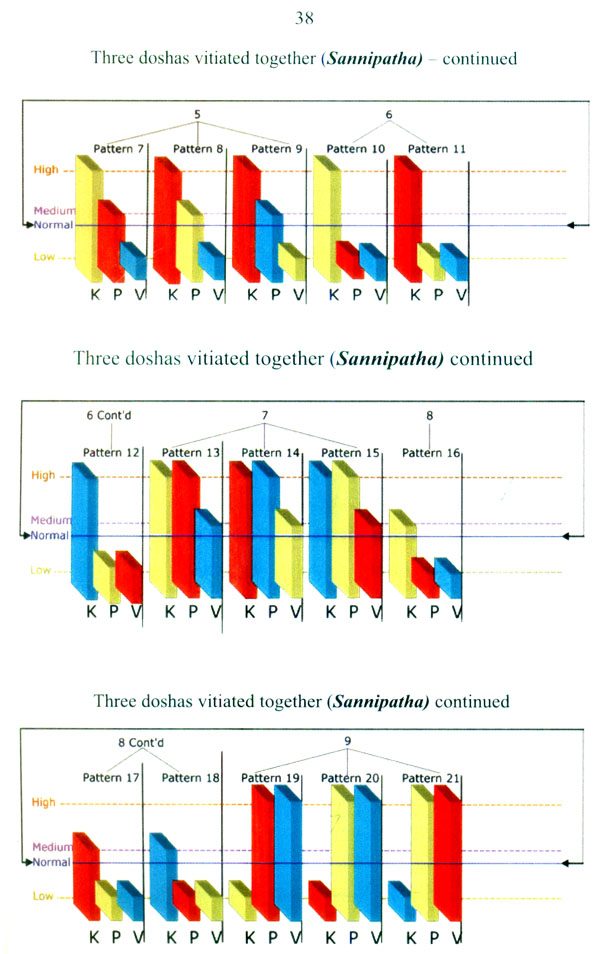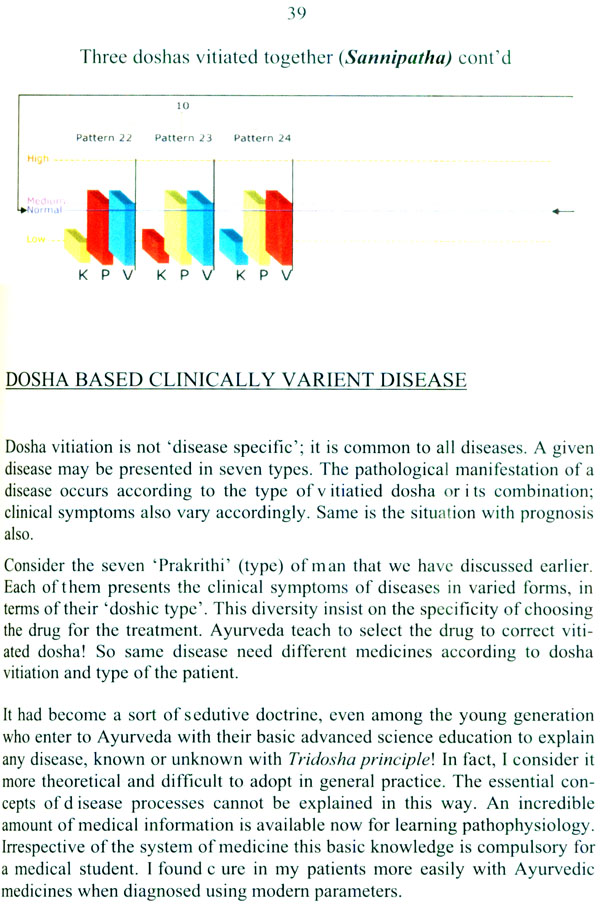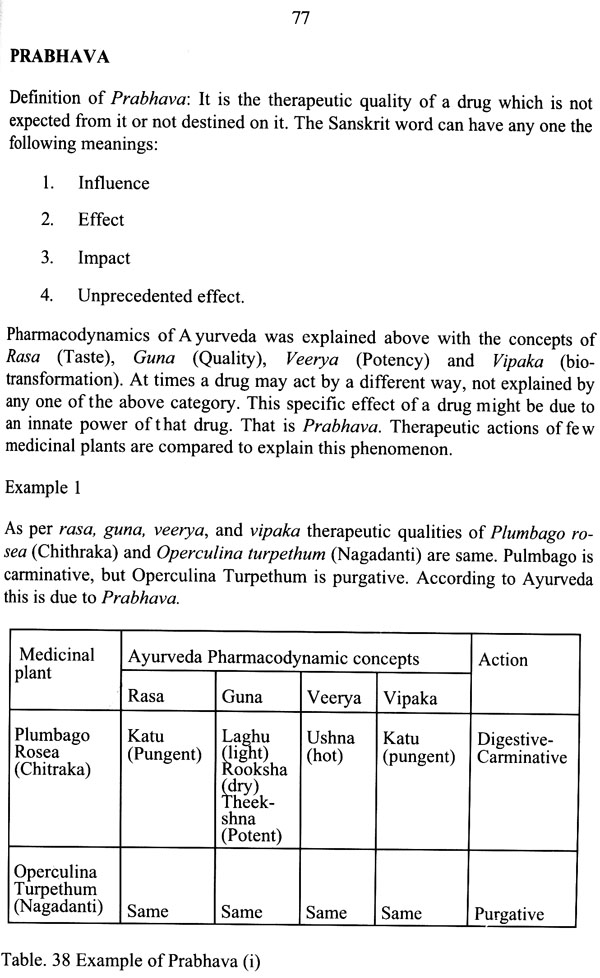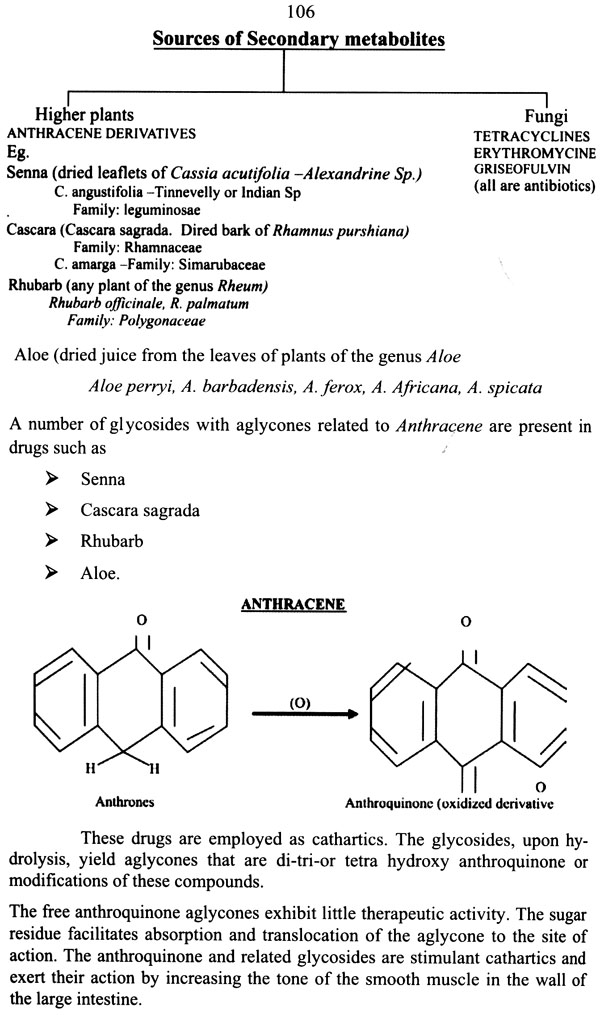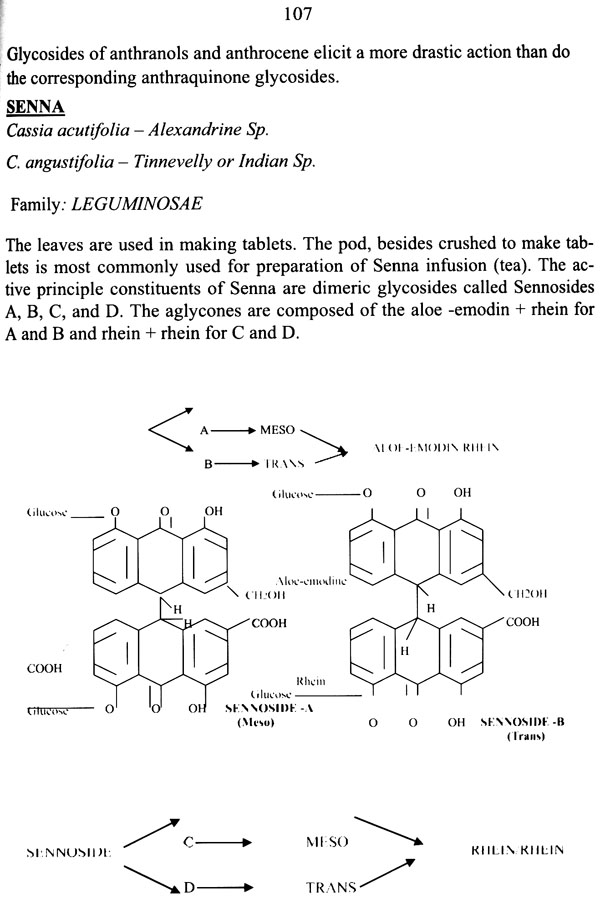
Analytical Ayurveda
Book Specification
| Item Code: | NAW608 |
| Author: | Dr. K A Latheef |
| Publisher: | Motilal Banarsidass Publications, Delhi |
| Language: | English |
| Edition: | 2019 |
| ISBN: | 9788194011101 |
| Pages: | 149 |
| Cover: | PAPERBACK |
| Other Details | 8.50 X 5.50 inch |
| Weight | 320 gm |
Book Description
Attuned to the principles of Mother Nature, Ayurveda is the 'Science of Health', fully portrayed by philosophy. One who wants to understand this science has no way than understanding those philosophies. Philosophy is the pursuit of wisdom; it is the 'love of wisdom'. The philosophies on which Ayurveda is based are briefed in the following chapters.
Ayurveda waned and perhaps became stagnant in medieval and British Periods. Social stigma attached to blood, dead body or dissection among higher cast members played a major role for this. Its follower's constraints to come out of the conservative philosophies to the updated modem views was another reason. It is important to note that hypothesis and theories are never absolutely proven. A theory is a set of propositions and concepts that provides a reliable, systemic, and rigorous account of an aspect of nature. If a hypothesis continues to survive a testing, it may be accepted as a valid theory.
A science cannot prevail with the "if. .. and then" reasoning. In a scientific research the hypothesis is falsified and deducted if it is not tested true after the experiments or through the reliable information. If the hypothesis passes the test, it is subjected to more severe testing. The procedure often is made more efficient by constructing and testing alternative hypothesis and refining the hypothesis that survives the testing.
In the modem world Ayurveda had come to the front line. But labels in the contemporary lexicon, such as "mind-body" and "holistic," have connotations if their own and further fail the test of descriptive accuracy.
Ayurvedic students learn their healing 'Science' through the Philosophies, mostly embellished in Sloga. In this book I took a strenuous effort to explain Ayurveda using modem scientific terminologies. I regret; it would never have he charm of the real poetic narration of the texts. Hope the students would accept it.
According to Louis Pasteur "Science knows no country, because knowledge belongs to humanity, and is a torch which illuminates the world". Maharshi Charaka emphasized the importance of updating knowledge to practice medicine.
**Contents and Sample Pages**
